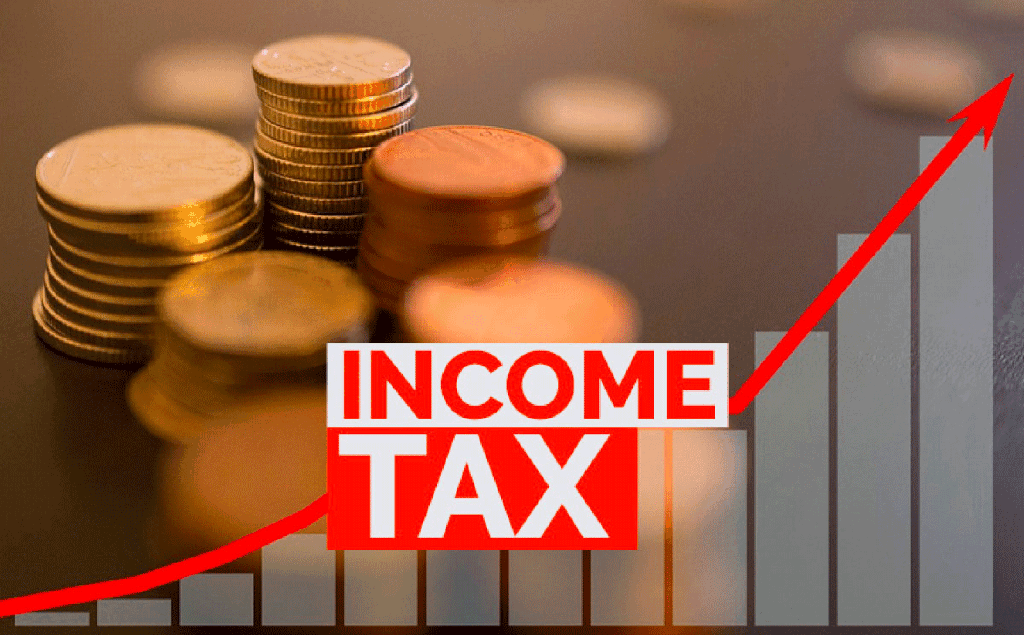The Ministry of Finance has just proposed to change the Personal Income Tax Law. Is the current family deduction of 11 million VND/month for taxpayers in Vietnam high or low compared to countries like China and Thailand?
According to the provisions of the Law Personal income tax (PIT) currently, the family deduction for taxpayers is 11 million VND/month (132 million VND/year); the deduction for each dependent is 4.4 million VND/month.
Individuals are also deducted social insurance, health insurance, unemployment insurance, professional liability insurance for some professions that require compulsory insurance... the remaining amount is the income used as the basis for calculating personal income tax.
With this deduction, people with income from salaries and wages at the level of 16 million VND/month (if having 1 dependent) or 20 million VND/month (if having 2 dependents) after deducting social insurance, health insurance, unemployment insurance... do not have to pay personal income tax. The progressive tax schedule applied to individuals residing with income from salaries and wages currently in Vietnam is divided into 7 tax rates: 5%, 10%, 15%, 20%, 25%, 30% and 35%.
In other countries, calculating personal income tax, deductions and progressive tax rates is also very complicated.
So, if only calculating the starting level of personal income tax, is the current level of 11 million applied by Vietnam low or high compared to other countries in the region?

In Vietnam, the income exempt from personal income tax is 132 million VND/year (equivalent to 5,175 USD), nearly 1.2 times higher than the average income per capita in Vietnam in 2023 (4,347 USD/person). If other deductions are taken into account, it can be twice as high as the average income per capita.
In In China , personal income is divided into many types. If income from wages is calculated, the level exempted from personal income tax is 60,000 yuan (about 8,288 USD), equivalent to nearly 210 million VND/year (about 0.66 times the average income per capita of 12,614 USD in 2023 of this country).
China also has other deductions such as childcare support (1,000 yuan/month), elderly care (2,000 yuan/month)...
Income from wages in China applies a progressive tax schedule with 7 levels, ranging from 3% to 45%. That is, the starting rate is lower (Vietnam collects personal income tax at level 1 of 5%), but the highest level is higher (45% compared to 35%).
In In Malaysia , the income exempt from personal income tax is the first 5,000 ringgit (equivalent to about 1,150 USD). This figure is quite low compared to the per capita income of nearly 11,649 USD in 2023. Malaysia applies a personal and dependent deduction when calculating tax of 9,000 ringgit/year.
In addition, taxpayers in Malaysia also enjoy more than 20 other deductions such as: costs of caring for parents, tuition fees, medical expenses, money to buy equipment to support disabled relatives... Tax rates range from 1-30%.
Meanwhile, at Thailand , the income exempt from personal income tax is 150,000 baht (about 4,330 USD), equivalent to more than 0.6 times the country's per capita income (7,172 USD in 2023).
In addition, Thailand also applies many deductions and supports when calculating taxable income such as: deduction of income from royalties, real estate rentals, self-employment,... personal deduction of 30,000 baht/year, deduction of interest on home loans, life insurance, children's tuition, charity...
Thailand has seven personal income tax rates, ranging from 5 to 35%. The highest rate applies to people with taxable income above 4 million baht/year.
Although the starting point for income subject to personal income tax is set at a fairly high level when compared to the ratio of GDP per capita, it can be seen that many countries have additional deductions that are calculated more fully, such as interest on home loans, children's tuition, medical expenses, money to buy equipment to support disabled relatives, charity money...
In addition, the progressive tax rate in some countries for the lowest bracket is quite low, maybe 1-3%.
In Vietnam, there is a reality that many experts acknowledge: average income is low compared to the actual standard of living. While many expenses are very large, such as education and health care costs...
Some experts believe that the family deduction in Vietnam should be increased to 16-18 million VND/month. For dependents, it should be at least 5-7 million VND/month.
Source



![[Photo] Solemn opening of the 12th Military Party Congress for the 2025-2030 term](https://vphoto.vietnam.vn/thumb/1200x675/vietnam/resource/IMAGE/2025/9/30/2cd383b3130d41a1a4b5ace0d5eb989d)
![[Photo] The 1st Congress of Phu Tho Provincial Party Committee, term 2025-2030](https://vphoto.vietnam.vn/thumb/1200x675/vietnam/resource/IMAGE/2025/9/30/1507da06216649bba8a1ce6251816820)
![[Photo] President Luong Cuong receives President of the Cuban National Assembly Esteban Lazo Hernandez](https://vphoto.vietnam.vn/thumb/1200x675/vietnam/resource/IMAGE/2025/9/30/4d38932911c24f6ea1936252bd5427fa)
![[Photo] Panorama of the cable-stayed bridge, the final bottleneck of the Ben Luc-Long Thanh expressway](https://vphoto.vietnam.vn/thumb/1200x675/vietnam/resource/IMAGE/2025/9/30/391fdf21025541d6b2f092e49a17243f)
![[Photo] General Secretary To Lam, Secretary of the Central Military Commission attends the 12th Party Congress of the Army](https://vphoto.vietnam.vn/thumb/1200x675/vietnam/resource/IMAGE/2025/9/30/9b63aaa37ddb472ead84e3870a8ae825)





























































































Comment (0)